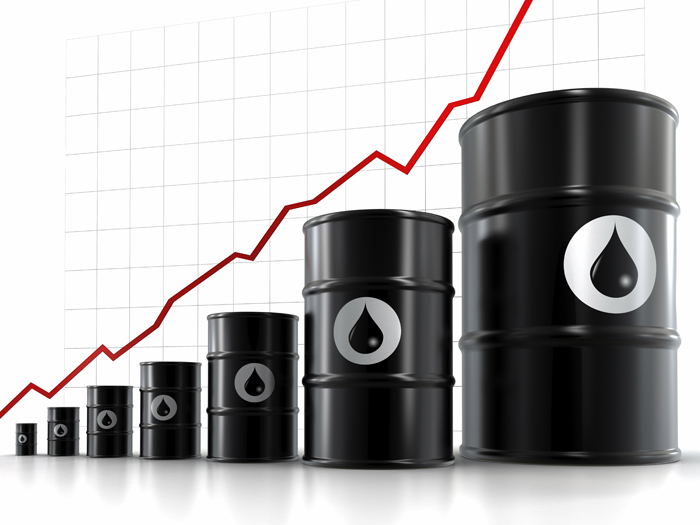OPEC Assumes Oil Price Will Recover Gradually to $80

“It’s much harder for OPEC to lift prices” after the revolution of U.S. shale oil, said Bjarne Schieldrop, Oslo-based chief commodities analyst at SEB AB, which forecasts Brent crude at $73 by the end of the decade. “Eighty dollars by 2020 is pretty close to consensus view.”
The price of crude has tumbled more than 50 percent in the past year as OPEC followed Saudi Arabia’s strategy of defending its share of the global market against competitors like U.S. shale oil. While both OPEC and the International Energy Agency expect growth in global supply to slow as low prices bite, Goldman Sachs Group Inc. predicts that a persistent glut will keep crude low for the next 15 years.
Production from nations outside OPEC will be 58.2 million barrels a day in 2017, 1 million lower than previously forecast, according to the internal report. The impact low prices is “most apparent on tight oil, which is more price reactive than other liquids sources,” according to the report. “Supply reductions in U.S. and Canada from 2014 to 2016 are clearly revealed.”
OPEC expects little stimulus to global demand in the medium term as a result of cheaper oil, with daily consumption growing by about 1 million barrels a year to 97.4 million in 2020, according to the report. While demand from China, Russia and OPEC members will grow more slowly than forecast a year ago, developing nations with still account for the bulk the expansion, it said.














































